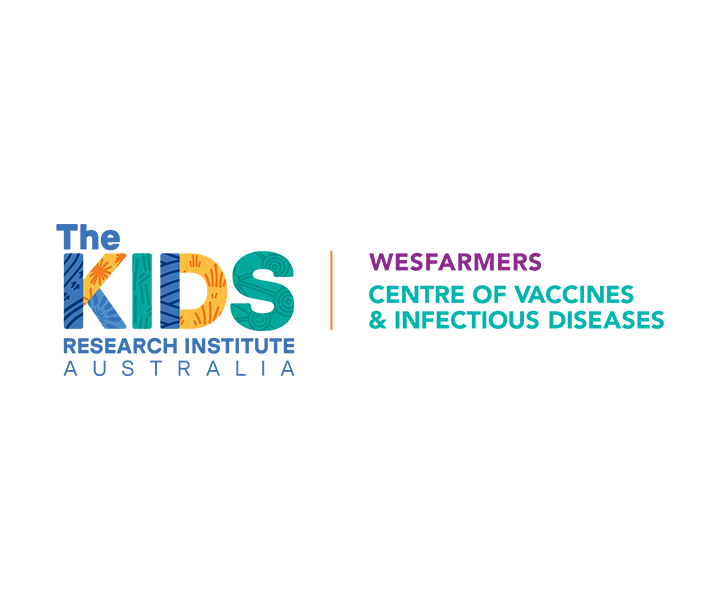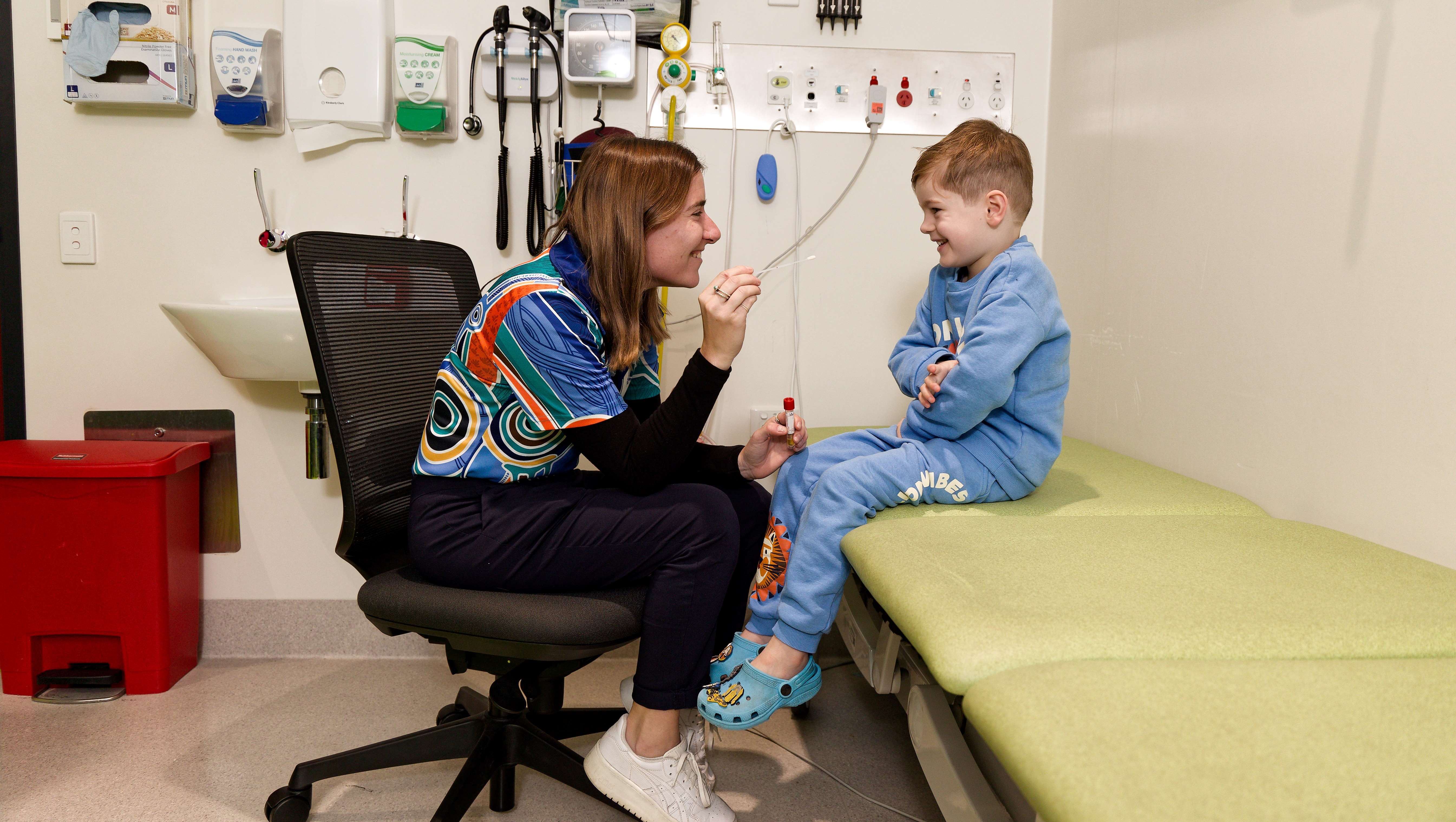Search

News & Events
New national guideline set to tackle skin infectionsWhen health organisations in the north-west of WA requested urgent action to address the region’s high rate of skin infections, Dr Asha Bowen answered the call.

Join us for stories, imagination and connection in the Discovery Centre

Get ready for a week of mind-blowing fun as the Discovery Centre comes alive for National Science Week with this year’s exciting theme: Decoding the Universe!

A powerful screening of truth telling that captures the stories of the Western Australia Stolen Generation.

Find out what our communities had to say about the draft Statement on Consumers and Community Involvement in Health and Medical Research.

The Wesfarmers Centre of Vaccines & Infectious Diseases brings together a number of independent researchers and research teams with a common aim; to find and deliver new and improved solutions to prevent and treat serious infections experienced by children or adolescents.
At the Wesfarmers Centre, we undertake research in five key areas of infections and immunisation to assist in children's health.

Researchers from The Kids Research Institute Australia would like to understand more about respiratory syncytial virus (RSV) and how we can provide the best protection for kids.
Review the hospital-based research that the Wesfamers Centre of Vaccines & Infectious Diseases conducts.
We are evaluating new vaccines for a range of diseases including influenza, pneumococcal, meningococcal and common infections such as otitis media (glue ear).
